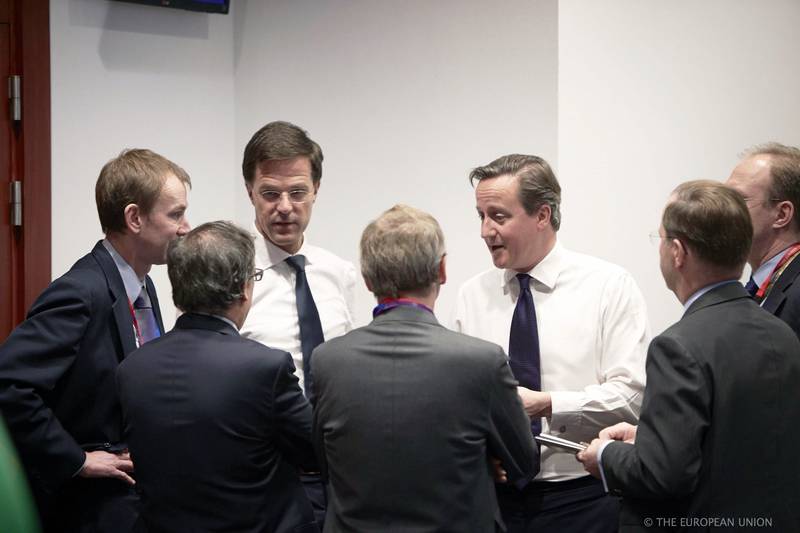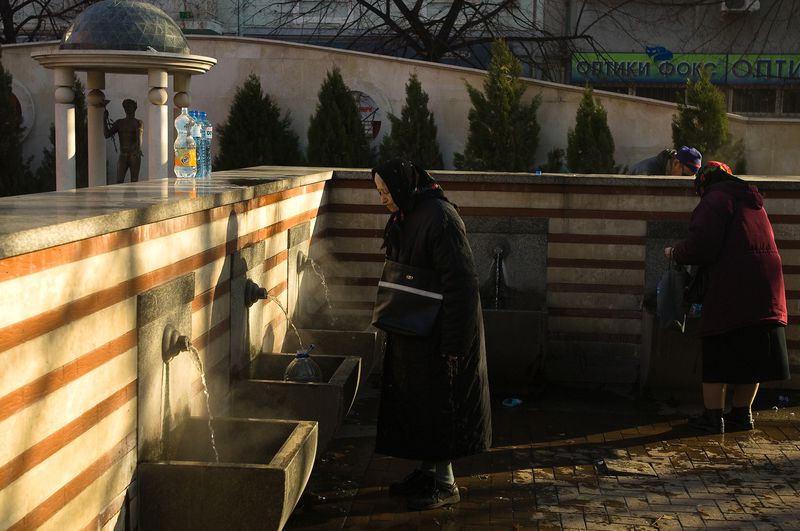Negotiations on the EU budget 2014-2020 Enter a Decisive Stage
Nikolay Neshev*, March 26, 2012
 The EU Multiannual Financial Framework (MFF) 2014-2020 and the Bulgarian perspectives will be discussed at a conference in Sofia on 27 March 2012, organised by the Economic Policy Institute. The main issues to be discussed are the proposal for a financial transaction tax, the change of the system of VAT-based own revenues and the reform of the Common Agricultural Policy (CAP) of the European Union. Participants will also touch upon the developments on the issue of introducing a common consolidated corporate tax base.
The EU Multiannual Financial Framework (MFF) 2014-2020 and the Bulgarian perspectives will be discussed at a conference in Sofia on 27 March 2012, organised by the Economic Policy Institute. The main issues to be discussed are the proposal for a financial transaction tax, the change of the system of VAT-based own revenues and the reform of the Common Agricultural Policy (CAP) of the European Union. Participants will also touch upon the developments on the issue of introducing a common consolidated corporate tax base.
Representatives of Bulgarian institutions will take part in the discussion to comment on the official Bulgarian position on the new aspects of MFF 2014-2020, as well as participants from Poland, Hungary and Romania. A further challenge to the Bulgarian public is that Bulgaria will for the first time actually participate in drafting the financial framework of the European Union budget. In 2006-2007 the country was only an observer and had no voting right. It is essential for Bulgaria whether the funds allocated to it will decrease or increase, whether the number of operative programmes will remain the same in next framework period, etc. Our country has already stated its strong positions on some of the issues about possible changes in EU's fiscal order and it will be interesting to see whether they are influenced by the opinion and assessment of other countries in the European Union.
At this stage there are big differences among member states` positions on some key issues. For example, France is clearly in favour of the introduction of a financial transaction tax, as currently processes are under way to adopt it at national level only. On the other hand, Sweden, which had a similar tax in the 1980s, is against its introduction because of past unsatisfactory results from a fiscal perspective. The same goes for the upcoming reform of the CAP - Sweden, where the agricultural sector is relatively small insists on a pivotal reform of the CAP, while countries that rely on these funds as France, Hungary, Poland, Bulgaria and others tend to preserve the current system, especially the direct payments system.
These discussions currently taking place between the member states are essential, since the final decision on the next key Union policies depends on them, as well as how the EU will evolve throughout the upcoming programming period. This Multiannual Financial Framework will be particularly important because of the global economic crisis, as well as the debt crisis in the EU, that really threatens the economic stability and integrity of the Community.
The International Conference is the last stage of the Economic Policy Institute`s research initiative, supported by Hanns Seidel Foundation. Based also on observations formed during the event, a final report will be prepared, analysing the positioning of member states, grouped in accordance with the proposed reforms. The study will focus on the evolution of the EU`s own resources system and key policies such as the CAP, through the eyes of the new member states - Bulgaria, Poland, Romania and Hungary.
euinside is a media partner of the event. The latest developments on the issue of the EU Multiannual Financial Framework 2014-2020 you can follow here.
* Nikolay Neshev is a research fellow with the Economic Policy Institute
 | © European Union
| © European Union | © euinside
| © euinside Kristalina Georgieva | © Council of the EU
Kristalina Georgieva | © Council of the EU Mark Rutte, David Cameron | © Council of the EU
Mark Rutte, David Cameron | © Council of the EU | © European Parliament
| © European Parliament | © EU
| © EU